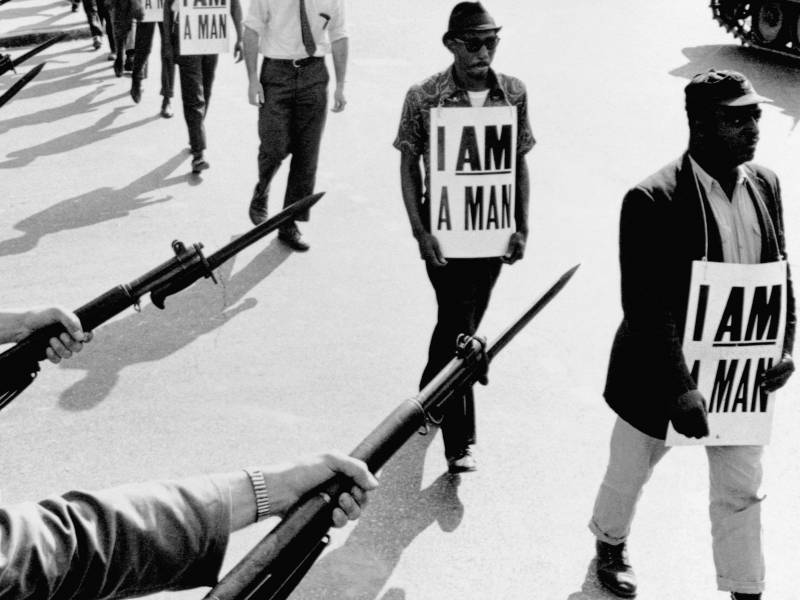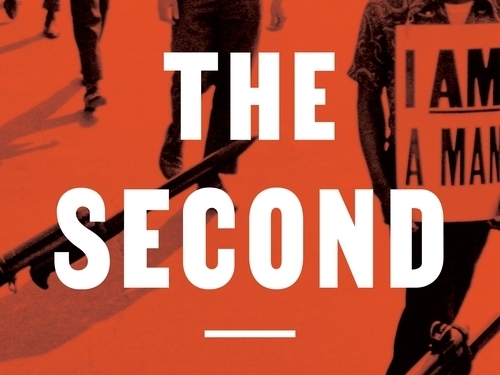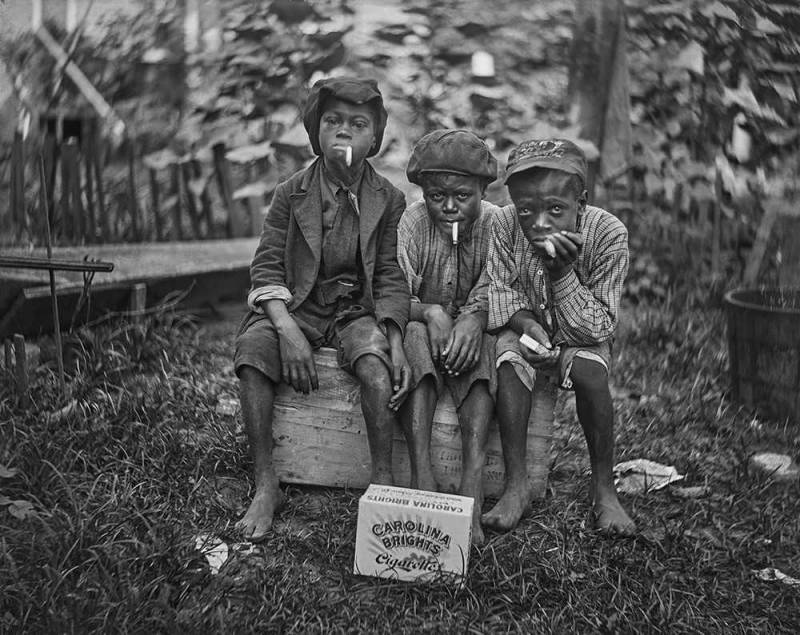Do Black people have full Second Amendment rights?
That’s the question historian Carol Anderson set out to answer after Minnesota police killed Philando Castile, a Black man with a license to carry a gun, during a 2016 traffic stop.
“Here was a Black man who was pulled over by the police and the police officer asked to see his identification. Philando Castile, using the NRA guidelines, alerts to the officer that he has a licensed weapon with him,” she says. “[And] the police officer began shooting.”
In the 1990s, after the assault on the Branch Davidian compound in Waco, Texas, the National Rifle Association condemned federal authorities as “jack-booted government thugs.” But Anderson says the organization “went virtually silent” when when it came to Castile’s case, issuing a tepid statement that did not mention Castile by name.
In her new book The Second: Race and Guns in a Fatally Unequal America, Anderson traces racial distinctions in Americans’ treatment of gun ownership back to the founding of the country and the Second Amendment, which states:
“A well-regulated Militia, being necessary to the security of a free State, the right of the people to keep and bear Arms, shall not be infringed.”
The language of the amendment, Anderson says, was crafted to ensure slave owners could quickly crush any rebellion or resistance from those they’d enslaved. And she says the right to bear arms, presumably guaranteed to all citizens, has been repeatedly denied to Black people.



9(MDAxOTAwOTE4MDEyMTkxMDAzNjczZDljZA004))

